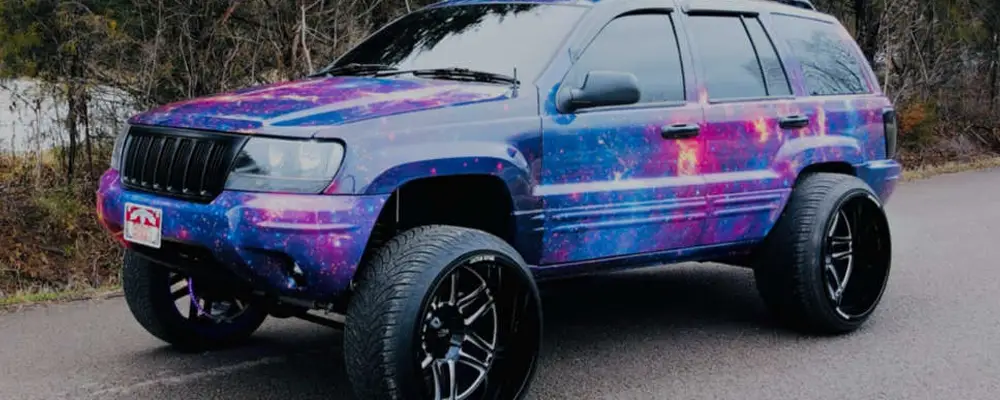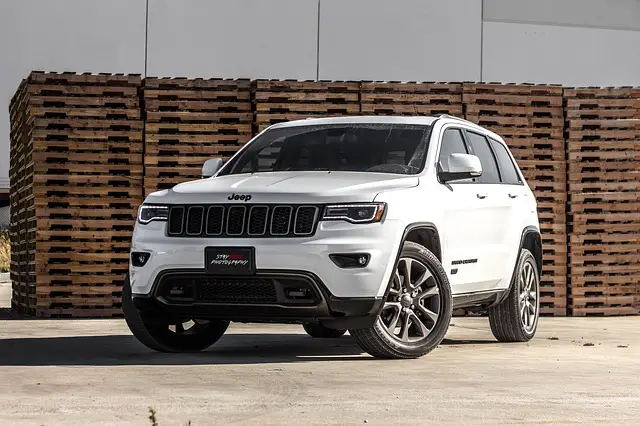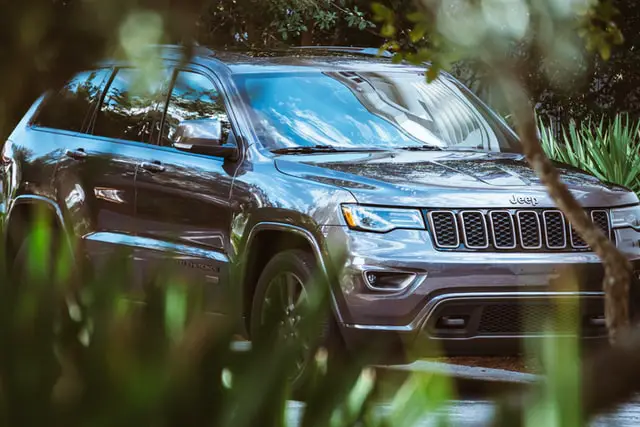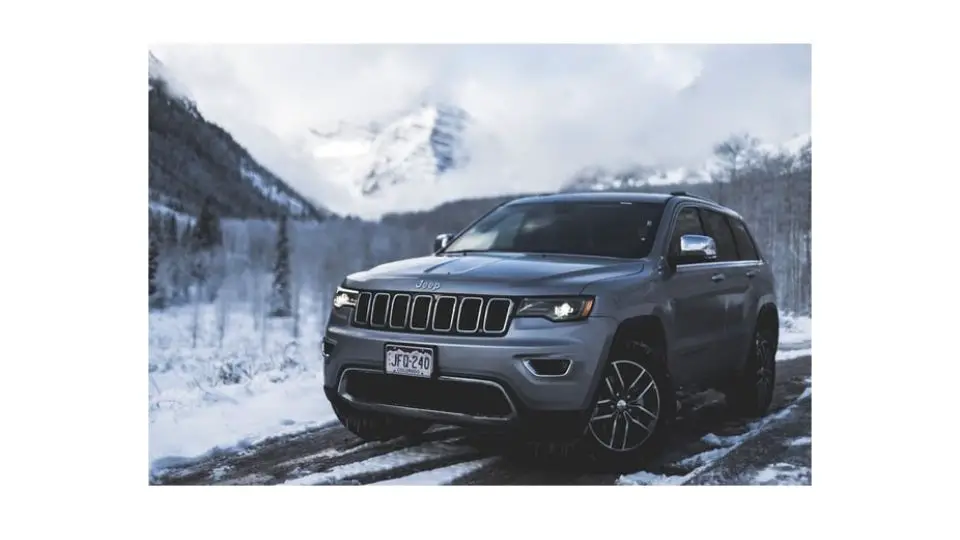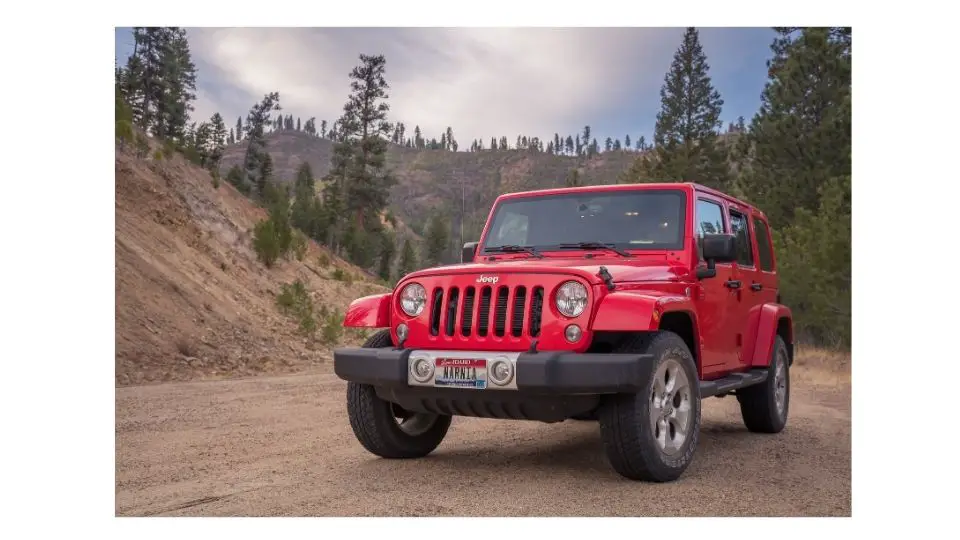There’s nothing worse than your engine shutting off in the middle of a busy intersection during the most active hour of the day. This poses a risk to your security and those around you.
In this in-depth guide, I’ll show show what I do when my 2004 Jeep Grand Cherokee shuts off while I’m driving.
2004 Jeep Grand Cherokee Goes Off On the Road
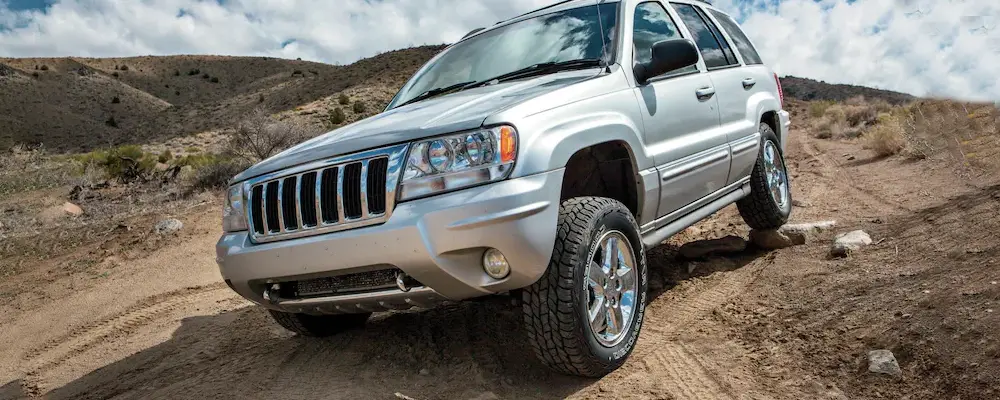
Based on our research, many 2004 Jeep Grand Cherokee owners reported cases of erratic electronic shifting, intermittent engine while driving, delays in the alternator, and ignition switch failure. The car would shake, and the machine would make a deafening noise.
This can prove dangerous, especially if it happens in the middle of a busy highway. Let’s look further into the causes and the remedies you can opt for if this happens.
Causes For 2004 Jeep Grand Cherokee Shutting Off?
- Faulty crankshaft position sensor. The crankshaft position sensor tells the ignition and fuel system when to fire and spray fuel [1]. The signals tend to cut off when it stands while driving, and engines eventually stall.
- Faulty fuel pump. When the fuel pump fails, no fuel reaches the combustion chamber.
- Alternator malfunction. The alternator produces power and charges the battery of the car. You will notice that when there is low power, the headlights dim, there is a weak spark, reduced car radio volume, and slower acceleration. Since there is no spark and the fuel pressure is low, the car eventually shuts off.
Things To Do

Check For Ignition
First, check for the ignition or if the spark plugs have power. If there is a spark, the problem is not the cam or crank sensor. If there is none, immediately replace the crank sensor. You can either use an inline spark plug tester or remove the spark plug then ground it.
Check For Fuel Pressure
After you confirm that there is ignition, check for the fuel pressure. You can use a gauge or an OBD 2 Scanner to detect fuel pressure. If you do not have one, the buzzing sound when you start your car indicates that the fuel pump puts fuel pressure on the system.
Check Injector Operation
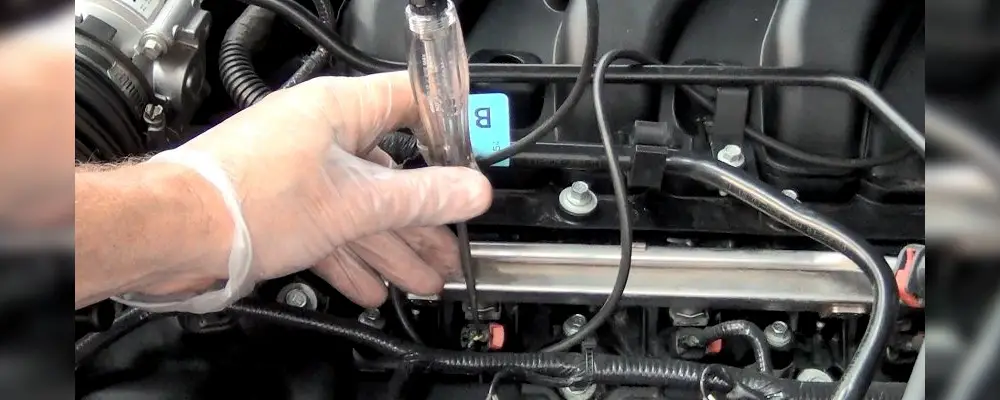
You need to prepare your protective gear and equipment to prevent any accident in doing all these steps. Also, prepare a voltmeter to test resistance.
First, determine if the injector is working. If you hear a clicking sound once you place the screwdriver’s tip to the injector, that is a sign that your injector is functional.
Then, connect the voltmeter to the negative side of the battery. Examine both sides of the injector wiring connector. Check if the wires react and register about twelve volts on the meter.
Check The Cam Position Sensor
One of your meter probes should be connected to one of the sensor wires, while the other should be connected to the other wire. Examine your meter’s display and compare it to the manual’s parameters.
In most circumstances, the signal will fluctuate between 0.3 and 1 volts. You have a defective sensor if there is no signal.
Check The Crankshaft Sensor
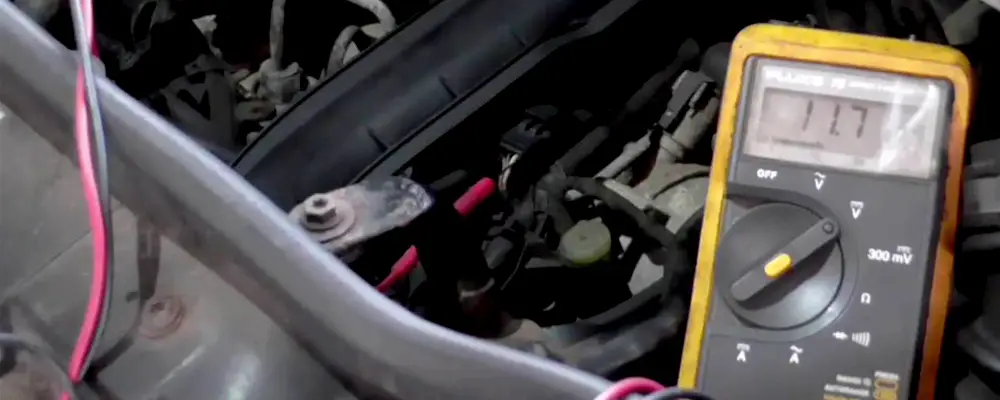
CKP makes the piston movement and crankshaft position possible. It also supports the computer in tracking engine misfires and speed; then, the car computer processes this information to modify ignition timing and fuel injection.
When the engine operates, the CKP sensor experiences heat and vibration. The sensor or its circuit may eventually fail as a result of this. The first thing to do is to find the sensor.
Examine the connections and wiring between the sensor and the PCM or ignition module. To check the sensor, you can use a digital multimeter.
If All Still Fails, Let A Professional Mechanic Fix Your Jeep
If you have already performed all of the above and exhausted all options, the last resort would be to visit a mechanic and let them fix your jeep. They have the skillset, the know-how, and the experience to fix your jeep in no time.
Also Read:
FAQs
Are there any recalls on a 2004 Jeep Grand Cherokee?
Yes, Chrysler recalled 2004 Jeep Grand Cherokee vehicles manufactured from May 27, 2003, to May 20, 2004. The electrical noise beyond the tolerance of the airbag electronic control module may cause a component in the ECM to fail.
This causes the front airbags, side airbags, and/or seatbelt pretensioners to deploy accidentally while the vehicle is being operated.
How do I permanently disable start/stop on Jeep Grand Cherokee?
First, find the main 12V battery. Take out the Intelligent Battery Sensor (IBS) plug, usually in the negative terminal. The system goes into bypass mode as it no longer detects the battery. This permanently disables the Auto Start-Stop. When you take the sensor, you will see an alert “Start/Stop Unavailable, Service Start/Stop.”
Final Thoughts
It might not be the worst day, knowing that it is within your control to alleviate the issues with your 2004 Jeep Grand Cherokee. The next time it shuts off, follow the guide above and do the necessary repairs and replacements needed.
To avoid any future problems with your jeep, have it checked as regularly as you can. If you notice that something is off, don’t think twice and immediately bring it to a professional who can help determine and solve the problem before it worsens.
Thank you for reading this far! I hope that the information provided in this article will be helpful to you.
Reference:
- https://www.sciencedirect.com/topics/chemistry/crankshaft

